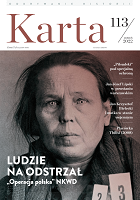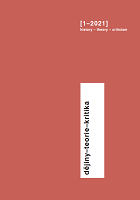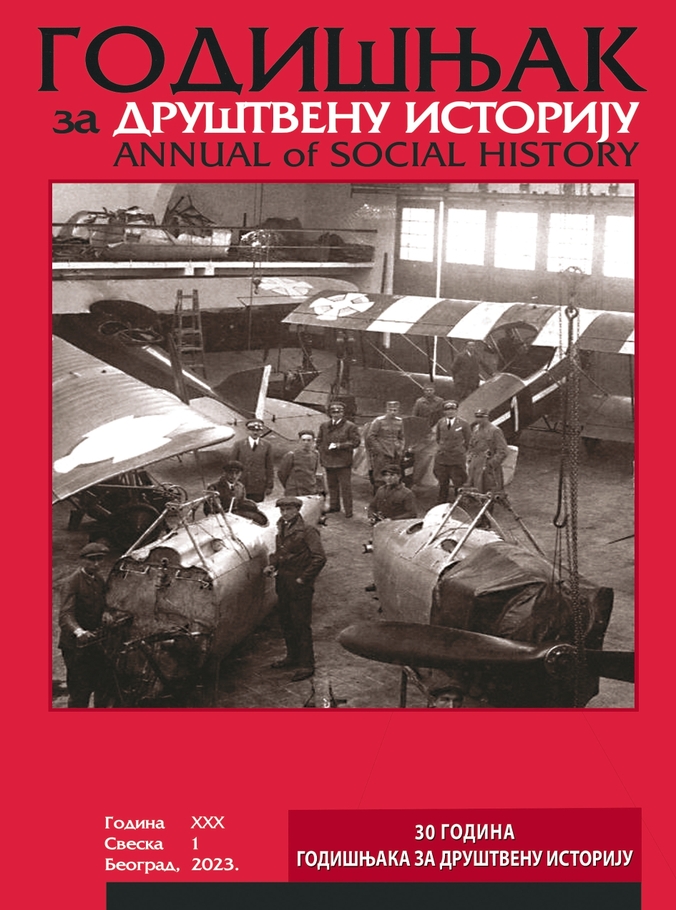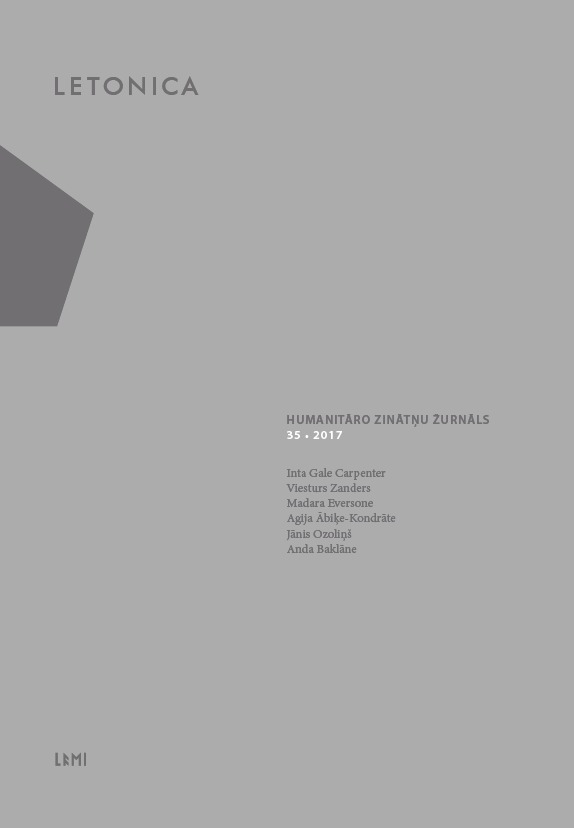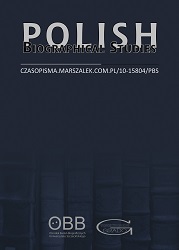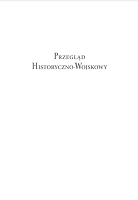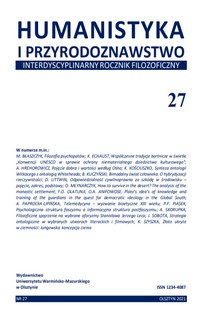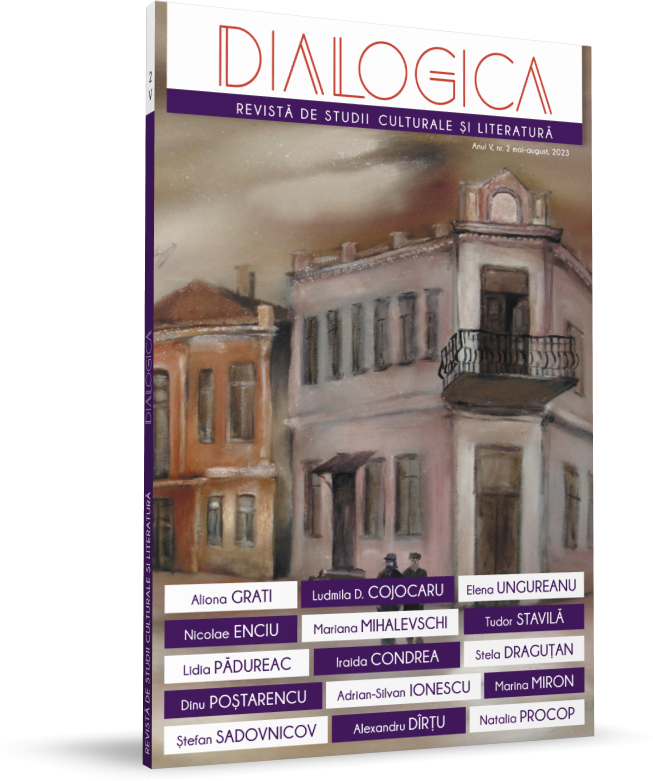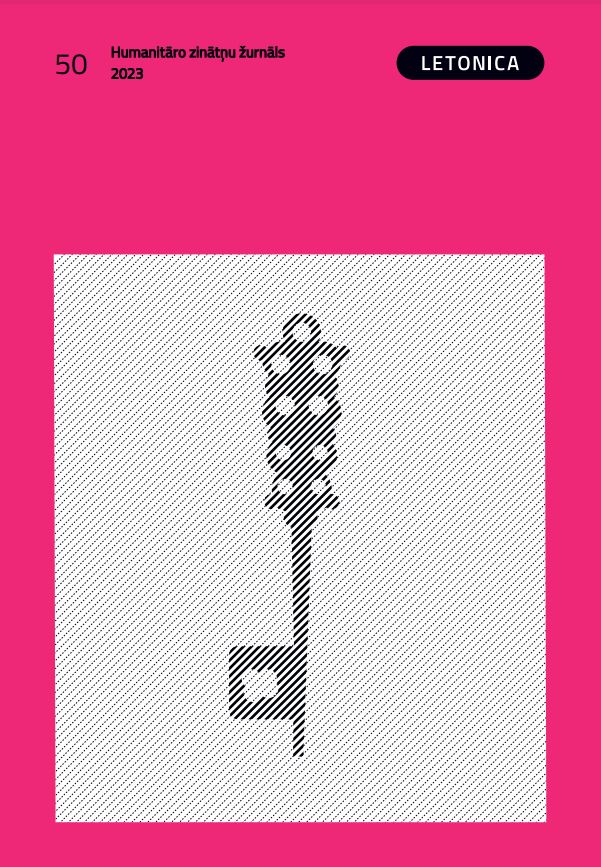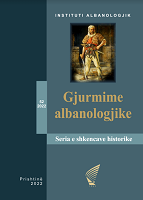Author(s): Iuliana-Gabriela Blăjan (Popa) / Language(s): Romanian
Issue: 32/2023
In most cases we are inclined to equate war with horror, slaughter and suffering in all its inexhaustible guises. Seen from this perspective, war literature appears to be, at first sight, a perfectly compacted block of granite. Yet, this is only an appearance. To get to the core that hides within because every experience of war is a microcosm in itself- you have to remove with patience, with emotion, with empathy, the grainy rock that makes it up, because each dynamited layer adds to the reading experience a different facet of life, and all, together, ultimately form the micro-scale universe that is human life. Humour, wit, satire, irony are all present in the war literature, and even if it is difficult to distinguish clearly between these terms, they supplement war pages in a much greater proportion than we might suspect. However, they are not limited to the ability to make us laugh, but have a much deeper meaning, which exceeds this somewhat superficial threshold. Along with all those unpredictable situations or circumstances full of joy, that are inseparable from life, after all, along with the dialectal forms of the language used by soldiers, or with the characters’ personality, these forms of humour break the templates regarding the literature dedicated to the issues of war. They add to the dramatic circumstances of the battlefield a dose of dynamism, a positive energy, thus balancing the narrative tension specific to such literature. Adding an unmistakable stamp of originality to the writing and, implicitly, to the author’s style, humour plays a crucial role in the tantalizing attempts of the human being to cope with the disturbing experiences of the battlefield. It considerably facilitates the decoding of these events in another note, which implies the reevaluation and reconfiguration of one’s personal scale of values, prioritizing, without exception, the joy of living, as an absolute value, that of the unique and unrepeatable experience of being alive. Creating a necessary consonance to restore the inner balance of the combatant, and infusing at the level of his internal disturbances a dose of optimism, with a conciliatory effect in relation to the losses, the humour not only cicatrizes the wounds, but heals them, in the same way as it demolishes prejudices, or opens the way towards the Other, thus making bearable the existential hell and the asperities of a life, more and more difficult to decipher.
More...
